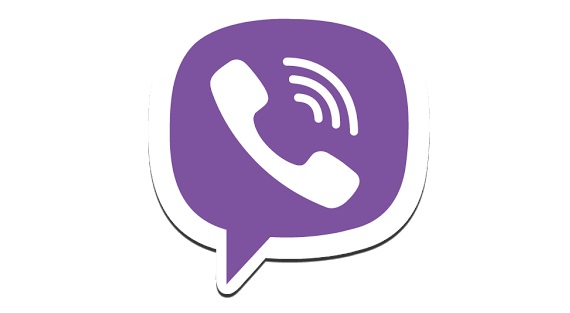Facebook, recently rebranded as Meta, led by Mark Zuckerberg, decided to heavily bet on developing the metaverse. Facebook’s CEO is one of the wealthiest people in the world, and Facebook is one of the most recognized tech brands in the world, so one way or another, we will see the metaverse slowly going mainstream over the following years. However, the social media giant is not the only company aiming to bring virtual worlds to the masses. A long list of companies such as Alphabet, Microsoft, and Apple is also planning to lead the metaverse race.
The metaverse concept has been around for years. Second Life, an application allowing people to create an avatar for themselves and participate in activities in an online virtual world, has been around for nearly two decades. Video gaming, in general, has been growing too. VRChat is another online metaverse platform that has been around for years. However, those platforms only have a few million users between each other. Even though they have been around for a long time, virtual reality never got mainstream.
Startups and industry dinosaurs are where MySpace was in the years before Facebook became the norm in social media. The only difference is that when Facebook was created, Mark Zuckerberg did not have $10 billion to invest in the technology. But now, in 2021, he rebranded Facebook to Meta and shared plans to bet big on Meta. Industry analysts believe that the social media giant will spend at least $50 billion to develop the software and hardware needed for Meta users.
Facebook is not the only company that wants a piece of the pie – the rest of Big Tech is entering the game and actively expressing hopes to get the metaverse available for the masses. Moreover, many appear to accept the idea with open hands. With the Covid-19 pandemic ravaging the world for two years, people welcome any ideas that would help them safely connect, and this is one of the things that metaverse solutions plan to offer one day.
Google already introduced tens of millions of users to virtual reality with the Google Cardboard. The device did not really deliver an immersive experience but at least opened the gates for people to experience virtual reality. Google also introduced Google Glass to the world – an augmented reality experiment that largely failed over the years but found a place in niche markets. Microsoft also did their part with the launch of HoloLens six years ago – however, their project never got mainstream either. Both Google Glass and HoloLens had the same problem – they were too expensive and were too complicated to use.
Apple has been flirting with virtual reality and augmented reality for years, too – they acquired augmented reality company Metaio in 2015, introduced the developer framework for creating augmented reality applications for Apple devices called ARKit, etc. Many believe Apple will jump on the AR/VR wagon by introducing products related to the industry in 2022.
Will Facebook build a high-res version of ‘Second Life’? Most likely, yes. Will they introduce it to the masses for consumer and business use? Again, most likely yes. When will it happen? No one knows, but many companies have been exploring the area over the last decade, and sooner than later, the virtual world will become a reality for more and more people. Analysts believe there will be a significant amount of activity in the area in 2022.
The virtual world presents many challenges for companies regarding security, affordability, health risks, addiction, etc. So even though Meta plans to pour tens of billions developing augmented reality and virtual reality solutions, it will take time to develop the industry. However, one thing is sure, augmented and virtual reality products will likely be coming to your home – Facebook already rolled out intelligent glasses in collaboration with luxury sunglasses manufacturer Ray-Ban. Even though they are not as sophisticated, they offer a short glimpse of what Big Tech is planning for the future.








